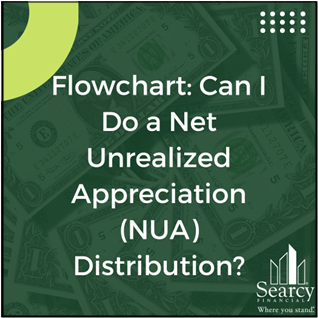As financial planners, one tool we discuss with parents is opening a custodial Roth IRA for their minor children. This strategy could provide significant long-term benefits and teach valuable lessons about saving and investing. Let's explore why this might be a smart...










